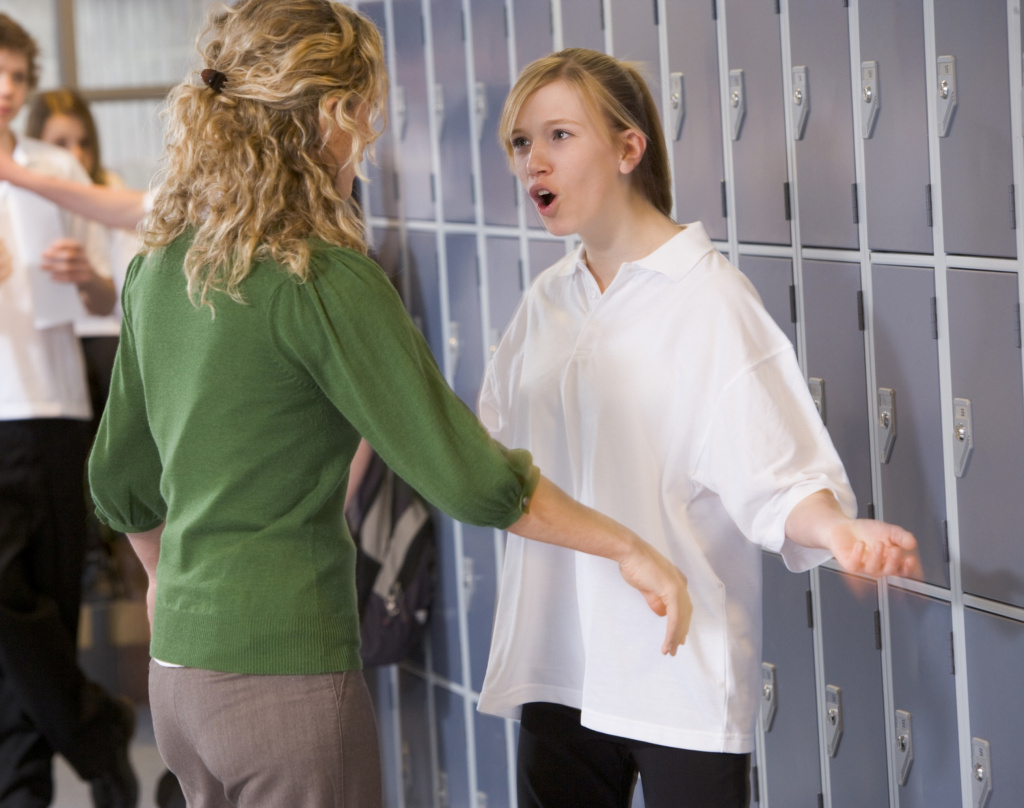
While working in school improvement and deployed to a pupil referral unit (PRU) to develop behaviour and attendance, I became aware that the cohort of students comprised almost 50 per cent girls in 2013 to 2014, which is atypical of national data.1 I saw the study of the Key Stage 3 (KS3) and 4 girls as an opportunity to engage with a group of learners.
I wanted to unpick their stories and develop a holistic understanding of students’ experience of school exclusion. In addition, I would consider the perspectives of their parents and key staff, one that was grounded in personal accounts and interpretations. This would, in turn, inform my own practice and professional development to help mainstream schools refine their policies for learning behaviours and inclusion.
A total of 11 students were interviewed, ten in the PRU and one at her home. While interviews have been discussed and referred to as ‘one to one’, in practice, students were offered the option of having another adult present. Nine girls expressed a preference for their mentor to stay with them and at another interview, the head joined us, purely because the interview was taking place in her office. While it was envisaged the interviews would last 15 to 20 minutes, many students were keen to continue and this timescale was used as a very general guideline.
The school experience deteriorates...
A common experience shared by some of the girls in the study was an escalating number of fixed term exclusions, culminating in a permanent exclusion in Year 9. Aggressive behaviours, such as physical fights with other girls or bullying behaviours, were described with, at times, a candid acceptance of their role in exacerbating a situation.
Other students described a frustration of being permanently excluded for what they deemed as a relatively minor misdemeanour. Only one girl had attended a PRU previously for a refocusing programme. However, for most of the girls, alternative provision had been accessed before, frequently resulting in part-time education away from the main school site. Periods of non-attendance were common.
Managed moves had been initiated in some circumstances, although integration had not been successful. There was a sense of exclusion particularly voiced by girls of Gypsy, Roma and Traveller (GRT) heritage, and many girls generally in the study were unable to describe a significant adult in school who could offer support.